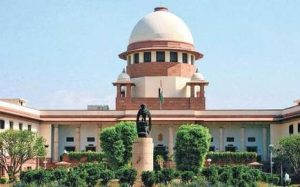The Supreme Court has held that the Assessing Officer can suo moto expand the timespan for an uncommon review retrospectively even before the alteration in the Finance Act of 2008. The judgment, which let’s go a long discussion, identifies with Section 142 (2C) of the Income Tax Act, which manages extraordinary review and enables the AO to guide the assessee to get the records evaluated by a bookkeeper at times because of intricacy and to secure the office’s advantages.
The amendment engages the AO to broaden the due date for the review report either suo moto or on an application from the assessee yet inside a-multi day time frame from the bearing of the extraordinary review. We have arrived at the resolution that the arrangements of Section 142(2C), as they remained before the alteration which was sanctioned with impact from April 1, 2008 by the Finance Act, 2008 did not block the activity of locale and expert by the AO to expand time for the accommodation of the review report coordinated under subsection (2A), without an application by the assessee, held the Supreme Court in an ongoing judgment, including that the change was proposed to evacuate a vagueness and is clarificatory in nature.
Rejecting a group of claims by assessees who had battled that the AO had no locale or expert under Section 142 (2C) before April 1, 2008, to expand time for the accommodation of the review report without an application, the Supreme Court overruled the judgment of a Division Bench of the Delhi High Court in Commissioner of Income Tax against Bishan Swaroop Ram Kishan Agro of May 2011.

